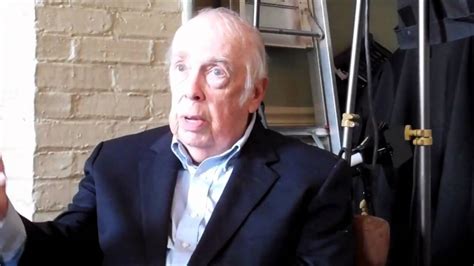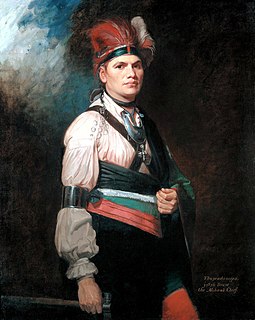A Quote by Philip Pullman
I don't expect Christians to see God as a metaphor, but that's what he is. Perhaps it might be clearer to call him a character in fiction, and a very interesting one too: one of the greatest and most complex villains of all - savage, petty, boastful and jealous, and yet capable of moments of tenderness and extremes of arbitrary affection - for David, for example. But he's not real, any more than Hamlet or Mr Pickwick are real. They are real in the context of their stories, but you won't find them in the phone book.
Quote Topics
Affection
Any
Arbitrary
Book
Call
Capable
Character
Christians
Clearer
Complex
Context
David
Example
Expect
Extremes
Fiction
Find
For Example
God
Greatest
Hamlet
Him
Interesting
Jealous
Metaphor
Might
Moments
More
Most
One Book
Perhaps
Petty
Phone
Real
Savage
See
Stories
Tenderness
Than
Them
Too
Very
Very Interesting
Villains
Related Quotes
The metaphor is perhaps one of man's most fruitful potentialities. Its efficacy verges on magic, and it seems a tool for creation which God forgot inside one of His creatures when He made him. All our faculties keep us within the realm of the real, of what is already there. The most we can do is to combine things or break them up. The metaphor alone furnishes an escape; between the real things, it lets emerge imaginary reefs, a crop of floating islands.
Never mind. Point being that you don't have to get too worked up about us, dear educated minds. You don't have to think of us aas real girls, real flesh and blood, real pain, real injustice. That might be too upsetting. Just discard the sordid part. Consider us pure symbol. We're no more real than money.
Here are examples of real women who have done real things: good, bad, and in between. We're expanding not just the definition of the female or feminine hero, but also villains and more complex, nuanced female characters. Too often I hear men say, "I don't know how to write women." Here you go, here are five incredible women you can use to inspire your own stories.
There's no real objection to escapism, in the right places... We all want to escape occasionally. But science fiction is often very far from escapism, in fact you might say that science fiction is escape into reality... It's a fiction which does concern itself with real issues: the origin of man; our future. In fact I can't think of any form of literature which is more concerned with real issues, reality.
Do you call yourselves Christians? Does then the religion of Him whom you call your Savior inspire your spirit, and guide your practices? Surely not. It is recorded of him that a bruised reed he never broke. Cease, then, to call yourselves Christians, lest you declare to the world your hypocrisy. Cease, too, to call other nations savage, when you are tenfold more the children of cruelty than they.
When you stay in your room and rage or sneer or shrug your shoulders, as I did for many years, the world and its problems are impossibly daunting. But when you go out and put yourself in real relation to real people, or even just real animals, there’s a very real danger that you might end up loving some of them. And who knows what might happen to you then?
A book no more contains reality than a clock contains time. A book may measure so-called reality as a clock measures so-called time; a book may create an illusion of reality as a clock creates an illusion of time; a book may be real, just as a clock is real (both more real, perhaps, than those ideas to which they allude); but let's not kid ourselves - all a clock contains is wheels and springs and all a book contains is sentences.






































